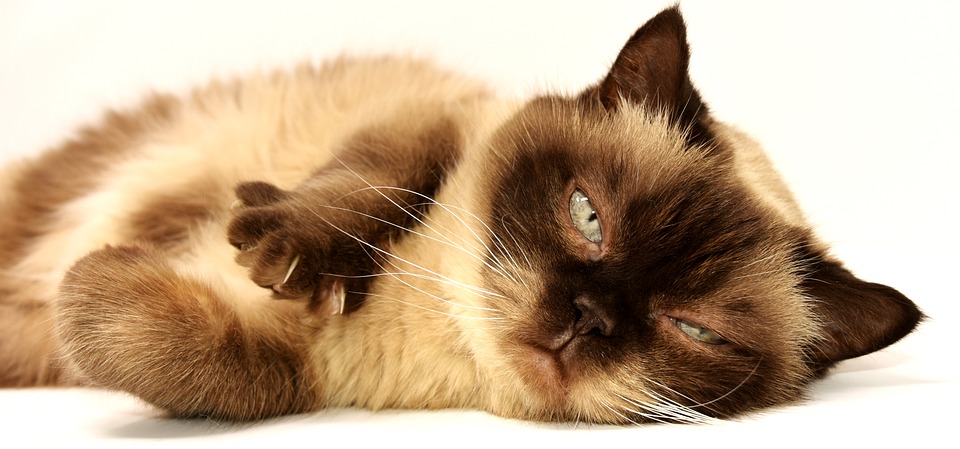Vaccinations are a crucial aspect of preventive healthcare for cats. They provide immunity against potentially life-threatening diseases and significantly reduce the risk of infection. Vaccinations work by exposing the cat’s immune system to a harmless form of a specific disease-causing agent, such as a virus or bacteria. This exposure triggers the immune system to produce antibodies, providing protection against future encounters with the actual disease-causing agent.
By vaccinating your cat, you not only protect them from severe illnesses but also contribute to the overall health and safety of the feline population. Vaccinated cats act as a barrier, preventing the transmission of diseases to other susceptible cats, and even humans, in some cases.
There are several vaccinations available for cats, each targeting specific diseases. Some of the most common vaccinations recommended by veterinarians include:
1. Feline Panleukopenia (FPV): Also known as feline distemper, this highly contagious viral disease affects a cat’s gastrointestinal system, bone marrow, and immune system. Vaccination against FPV is crucial, especially for kittens, as it can be fatal.
2. Feline Herpesvirus-1 (FHV-1) and Feline Calicivirus (FCV): These two viruses are responsible for causing upper respiratory tract infections in cats, leading to symptoms like sneezing, nasal discharge, and fever. Vaccination against FHV-1 and FCV is typically combined into a single vaccine.
3. Rabies: Rabies is a deadly viral disease that affects both animals and humans. Vaccinating your cat against rabies is not only essential to protect them but is also required by law in many areas. Rabies vaccinations are typically administered by a licensed veterinarian.
4. Feline Leukemia Virus (FeLV): FeLV is a viral infection that weakens the immune system, making cats more susceptible to other infections and diseases. Vaccination against FeLV is recommended, especially for cats that have outdoor access or come into contact with other cats.
5. Feline Immunodeficiency Virus (FIV): FIV is a retrovirus that attacks a cat’s immune system, similar to human immunodeficiency virus (HIV). Unfortunately, there is no vaccine available to prevent FIV, so it’s crucial to keep cats indoors and prevent exposure to potentially infected cats.
Now, let’s address some frequently asked questions (FAQs) about cat vaccinations:
1. At what age should kittens receive their first vaccinations?
Kittens should typically receive their first vaccinations at around 6 to 8 weeks of age. Consult with your veterinarian to determine the appropriate timing based on your kitten’s health and specific needs.
2. How often should adult cats receive booster vaccinations?
Booster vaccinations are necessary to maintain your cat’s immunity. The frequency of booster shots depends on the vaccine and your cat’s lifestyle. Generally, boosters are recommended every 1 to 3 years. Discuss a suitable vaccination schedule with your veterinarian.
3. Are there any potential side effects of vaccinations?
Vaccinations are generally safe for cats, but some cats may experience mild side effects such as lethargy, decreased appetite, or localized swelling at the injection site. Serious side effects are rare but can occur. Consult your veterinarian if you notice any concerning symptoms after vaccination.
4. Can indoor cats skip vaccinations?
While indoor cats have a lower risk of exposure to certain diseases, they should still be vaccinated. Remember, even indoor cats can escape or come into contact with disease-carrying animals, and vaccinations provide an additional layer of protection.
5. Can vaccinations be given to pregnant cats?
Vaccinations are generally not recommended for pregnant cats, as they can potentially harm the developing fetuses. It’s best to consult with your veterinarian to determine the appropriate vaccination plan for your pregnant cat.
Remember, vaccinations are an essential part of responsible cat ownership. By ensuring your cat is up-to-date on vaccinations, you not only protect their health but also contribute to the well-being of the entire feline community. Consult with your veterinarian to develop a tailored vaccination plan for your cat based on their individual needs and lifestyle.








